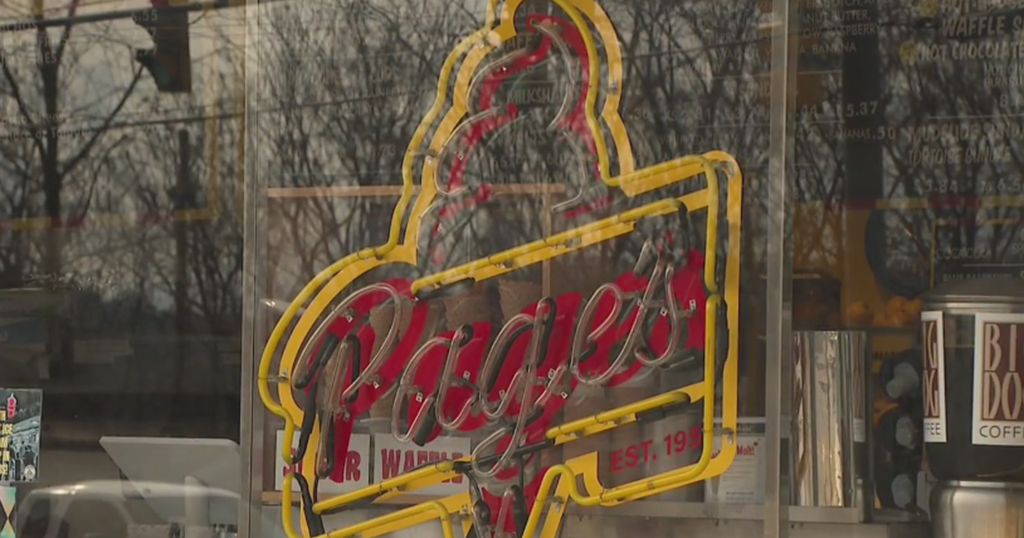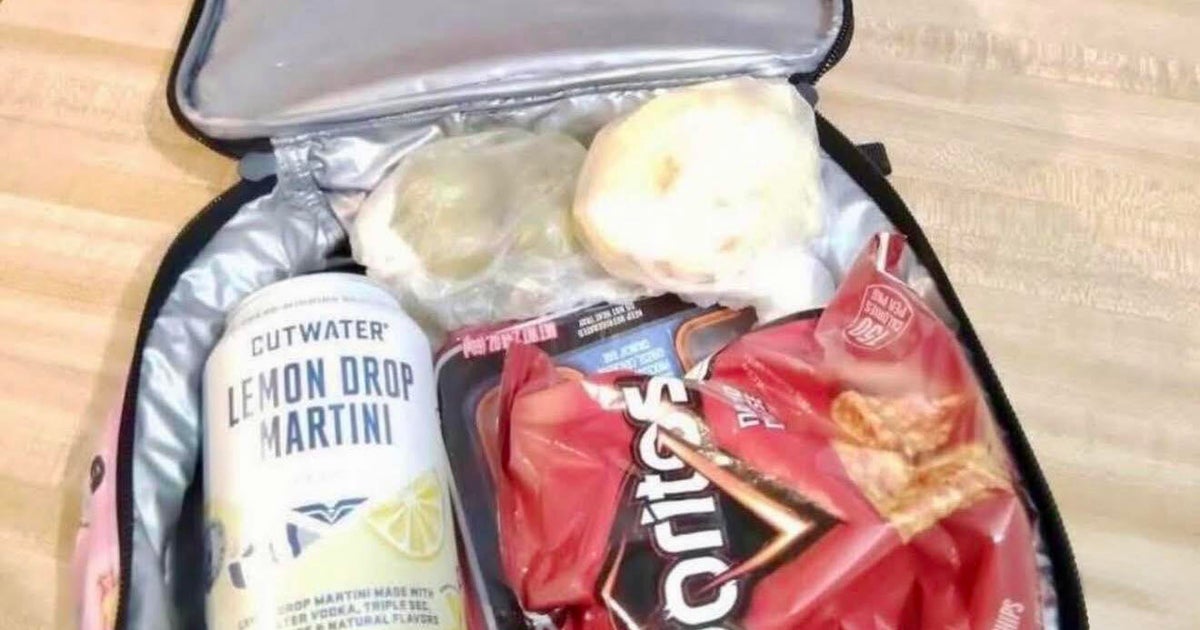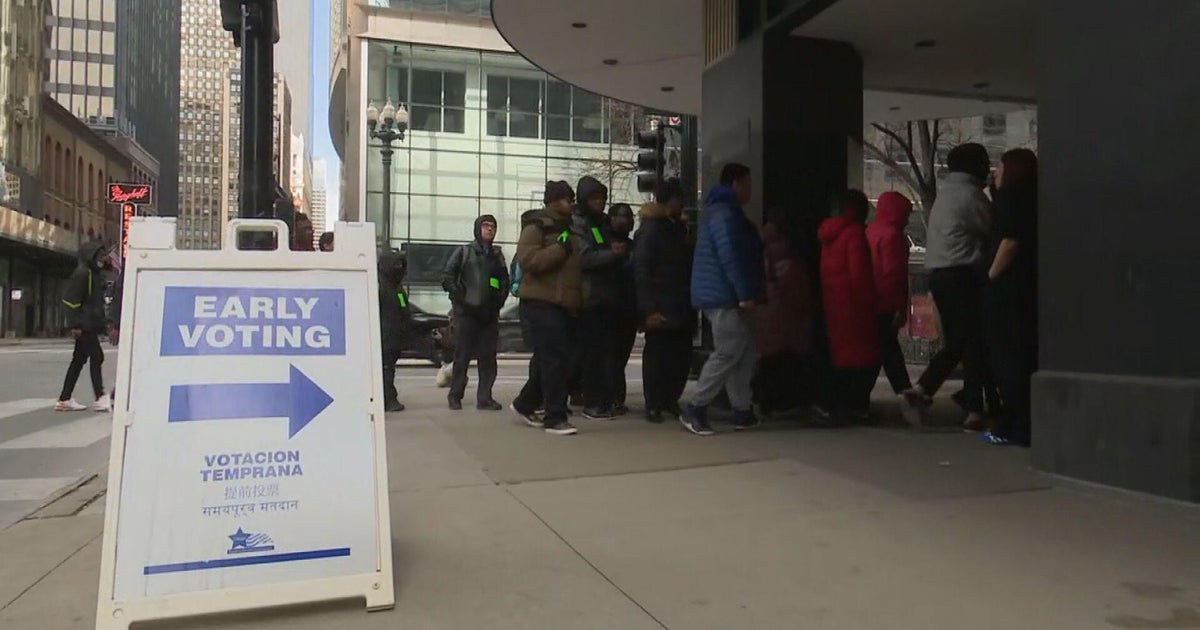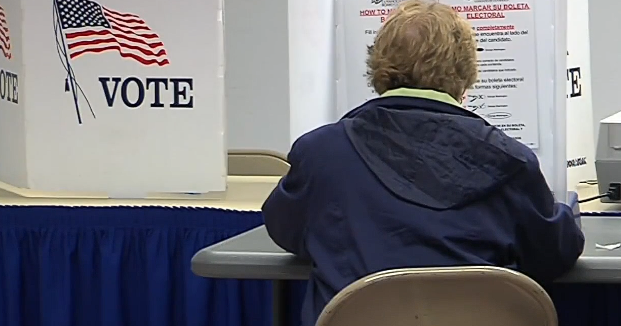Last Dry Town In Md. Readies For Life With Alcohol
By STEVE HENDRIX
The Washington Post
DAMASCUS, Md. (AP) -- Damascus, the vintage dairy town on the northernmost edge of Montgomery County, is a place where people still talk in four-digit phone numbers. The Jimmie Cone still draws lines of ice cream lovers each summer. Judges still pin blue ribbons on goats, roses and rhubarb pies at the town fair each fall.
But many of the old ways have surrendered to suburban sameness. Squint at the Starbucks, the twice-daily commuter backups, the bok choy in the bright new Safeway, and you can see the familiar, busy blur of Bethesda, Rockville or Gaithersburg.
And now Damascus has edged even closer to the modern mean. The Montgomery County Department of Liquor Control gave a preliminary nod Friday to the first application to sell alcohol in the town in 132 years. After a 30-day waiting period and final approval, a local pizzeria will start serving beer and wine, and the last dry town in Maryland will vanish.
A dogged little sequence of civic DNA will be overwritten.
"That was one of the things that made Damascus what it is," lamented Gary Richards, a gas station owner, history buff and unofficial curator of village memorabilia. He's the one with the collection of old seats from the town theater, altar rails from old churches and milk bottles from the 70 dairies that used to dot the surrounding countryside. "Now we're just the same as the rest of the county."
(Montgomery County officials say one dry community remains: Washington Grove, an incorporated neighborhood of 225 houses in Gaithersburg. But it lacks one thing crucial for alcohol sales: "We don't have any stores," explained Washington Grove town clerk Kathy Lehman.)
The Damascus booze ban, born of the town's Methodist roots, was a durable bridge to an earlier age. It had been in place 40 years when Prohibition came. Charles Darwin was still alive the last time a legal beer was sold in Damascus.
There are still 14 Methodist churches dotting the gently sloping hills around Damascus. But the pews are filled with newcomers, commuters who spend their nights in the housing tracts that cover the old dairy pastures and work in Washington, Baltimore and Frederick during the day. In November's election, it was largely these residents who voted to allow sit-down restaurants to serve beer and wine.
"It's the old story. A lot of people moved here because they liked the quaint country ways but then voted to make us more like everyplace else," said Linda Olson, a retired office manager for Leisure World of Maryland who moved here 27 years ago. She's been a teetotaler since college, but one who doesn't hesitate to serve wine to her dinner guests.
"It's not that we think alcohol is evil," she said. "It was just something that made us different. I worry that the transients will move on, and we'll be stuck with the liquor law."
The arrival of beer and wine has divided Damascus, although not very evenly (the town referendum to lift the ban passed with almost 66 percent of the vote) and not that deeply. Even most opponents don't predict that Damascus will devolve into a MoCo Tijuana, with bars and bordellos crowding the tiny downtown.
"We've been here 20 years and know that people would like dinner with a glass of wine," said Frank Illiano, owner of New York J&P Pizza, the first establishment in line for a license. He has several other restaurants in Montgomery and Frederick counties, all of them with liquor licenses. "It won't have a big impact. We're not going to run a bar."
But for some on both sides, the shift is profound.
Bernardine Gladhill Beall, a member of an old Damascus family (Gladhill Brothers remains the big John Deere dealer in town), was born on a dairy farm 75 years ago. She said if a liquor license is granted to the Music Cafe, a coffee shop and live music venue that intends to apply for one, one of her favorite local eateries will become a no-go zone.
"I love the folks who own the Music Cafe, and I wish them the very best," Beall said. "But I won't be going back there anymore."
Beall is a retired insurance agency owner, lively and comfortable in the modern world ("I've been doing my banking by computer since 1982," she said). But to patronize a beer-selling business, she feels, would betray a lifetime of hometown tradition and Methodist teaching.
"It's a life choice for me," she said. "Some folks won't wear jewelry or short dresses. I won't use my money to support alcohol, even when I like the people so much."
In this Damascus divide, strong feelings are expressed in soft terms. Chris and Randy Anderson, owners of the Music Cafe, say they love Beall back. "Her granddaughter and my son sang in the church choir together," Chris said.
But the liquor license they want to obtain? They say they can't survive without it.
"We're very, very close to the edge," Chris said of the viability of the cafe she and her musician husband opened six years ago next to the town veterinarian's office. It quickly emerged as a beloved gathering spot -- but not a very profitable one. "We're like Cheers without the beer. We know everybody's name, but we're not making much money on lemonade and ice tea."
The Andersons have already plowed all of the equity from their house into the business, and Chris works 30 hours a week as a receptionist in a Germantown doctor's office to help keep things afloat. But with the town's first Dunkin' Donuts slated to open nearby, they worry about a ruinous falloff in their breakfast rush.
"There are definitely people who don't want the town to change, but the fact is things are changing with or without alcohol," Chris said.
Since November's referendum, scores of locals have encouraged the couple to apply for a license, she said. To many, putting beer and wine on the menu of a place where touring bands play on a professional stage is a no-brainer.
"It's a great atmosphere there, but it was an odd feeling to drink tea while listening to a rock band," said Kathie Durbin, a Silver Spring resident who has driven out to hear music with her sister, who lives in Damascus. Durbin also happens to be the chief of licensure for the county's liquor control board.
The Andersons would like to offer a line of craft beers, including Flying Dog from nearby Frederick. They hope to pour the first one sometime early this year.
Beall won't be there, of course, but she hopes to go in for at least one more lunch before then. "They have very good chili," she said.
She sees all this not as a disaster but as a loss.
She's survived enough change to know a single ordinance doesn't define a community. Her grandfather's country store is now a law office, and her uncle's meat market is now an Italian deli. There are ever fewer people she knows on the sidewalk, although she still says hello.
Life with beer and wine "will still be good," Beall said. "Damascus people will still be nice to each other."
And her town will be just a little bit more like everywhere else.
(Copyright 2013 by The Associated Press. All Rights Reserved.)







